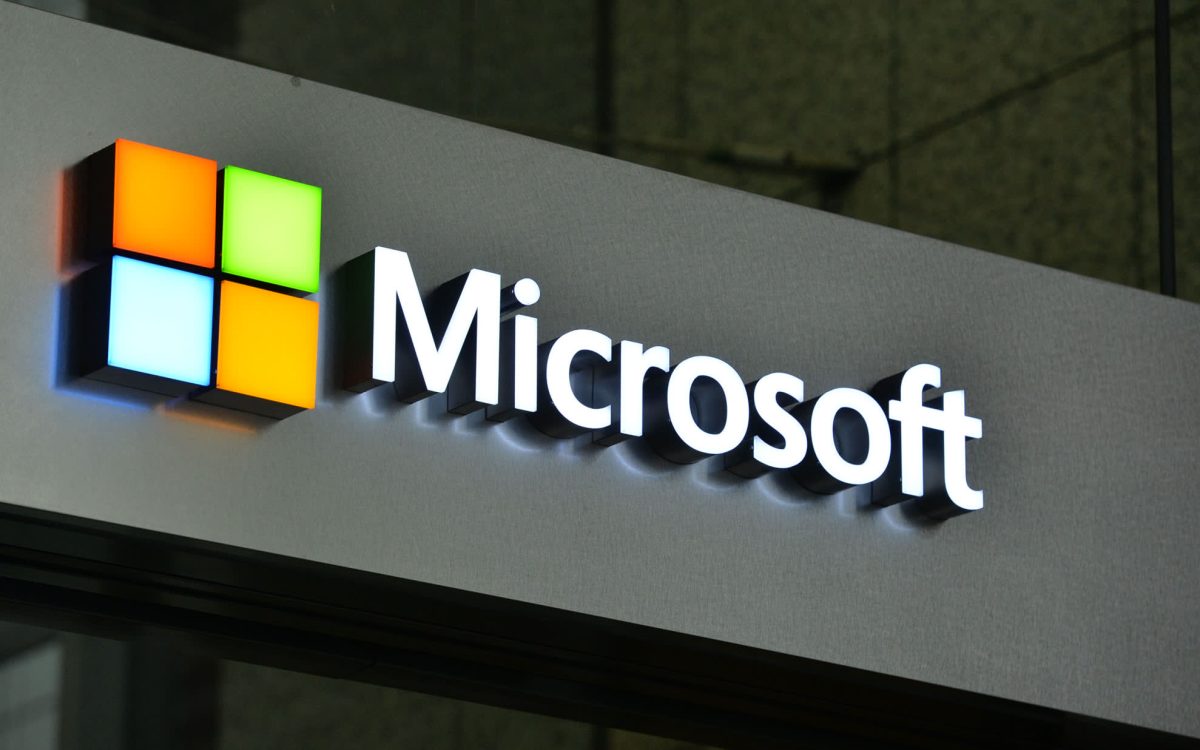Microsoft-OpenAI: A Complex Mix of Rivalry and Partnership
04.08.2024 12:00 2 min. read Alexander Stefanov
In a recent SEC filing, Microsoft has depicted its relationship with OpenAI as a mix of both competition and partnership.
The Form 10-K report, submitted in July, frequently refers to OpenAI as both a competitor and a “strategic partner,” highlighting the complex nature of their connection.
Despite listing numerous competitors such as Apple and Nintendo, Microsoft identifies OpenAI as its only strategic partner. This detail stands out, especially considering the document’s 72 mentions of “partner” and its variants, with no other partners named specifically.
This partnership-competition dynamic is significant given the ongoing antitrust investigations in the UK, US, and EU concerning Microsoft and OpenAI. These probes are examining potential anti-competitive practices in the AI sector.
The relationship between the two companies has evolved significantly. Microsoft invested $1 billion in OpenAI in 2019, becoming its exclusive cloud provider and later, with the launch of ChatGPT, invested another $10 billion. This investment allowed Microsoft early access to GPT-4 for its “Copilot” and “Bing” services.
In 2023, OpenAI underwent leadership changes with CEO Sam Altman being briefly ousted. During this upheaval, Microsoft offered positions to Altman and other OpenAI employees. Altman eventually returned as CEO, and Microsoft’s observer seat on OpenAI’s board was later relinquished in July 2024.
These developments come amid increased regulatory scrutiny, with antitrust investigations heating up in both Europe and the US. While such probes are common in the tech industry, Microsoft’s portrayal of its relationship with OpenAI as a blend of rivalry and partnership is particularly noteworthy.
-
1
Polygon Breaks from Decentralization as Sandeep Nailwal Assumes Full Control
11.06.2025 20:00 2 min. read -
2
Nvidia CEO Urges UK to Invest in AI Infrastructure or Risk Falling Behind
10.06.2025 9:00 1 min. read -
3
KuCoin Plants Its Flag in Bangkok With a Licensed Thai Exchange
14.06.2025 13:00 1 min. read -
4
Why Gold Could Be the Smart Play Amidst US Debt Surge
11.06.2025 11:00 1 min. read -
5
Warren Buffett Narrows His Bets as He Prepares to Step Down
14.06.2025 16:00 2 min. read
Coinbase Surges 43% in June, Tops S&P 500 After Regulatory Wins and Partnerships
Coinbase has emerged as the best-performing stock in the S&P 500 for June, climbing 43% amid a surge of bullish momentum driven by regulatory clarity, product innovation, and deeper institutional interest in crypto.
What Brian Armstrong’s New Stats Reveal About Institutional Crypto Growth
Coinbase CEO Brian Armstrong has spotlighted a significant acceleration in institutional crypto adoption, driven largely by the surging popularity of exchange-traded funds and increased use of Coinbase Prime among major corporations.
Whales Buy the Dip as Retail Panics: This Week in Crypto
The latest market turbulence, fueled by geopolitical tensions and investor fear, offered a textbook case of how sentiment swings and whale behavior shape crypto price action.
What Will Happen With the Stock Market if Trump Reshapes the Fed?
Jefferies chief market strategist David Zervos believes an upcoming power shift at the Federal Reserve could benefit U.S. equity markets.
-
1
Polygon Breaks from Decentralization as Sandeep Nailwal Assumes Full Control
11.06.2025 20:00 2 min. read -
2
Nvidia CEO Urges UK to Invest in AI Infrastructure or Risk Falling Behind
10.06.2025 9:00 1 min. read -
3
KuCoin Plants Its Flag in Bangkok With a Licensed Thai Exchange
14.06.2025 13:00 1 min. read -
4
Why Gold Could Be the Smart Play Amidst US Debt Surge
11.06.2025 11:00 1 min. read -
5
Warren Buffett Narrows His Bets as He Prepares to Step Down
14.06.2025 16:00 2 min. read


